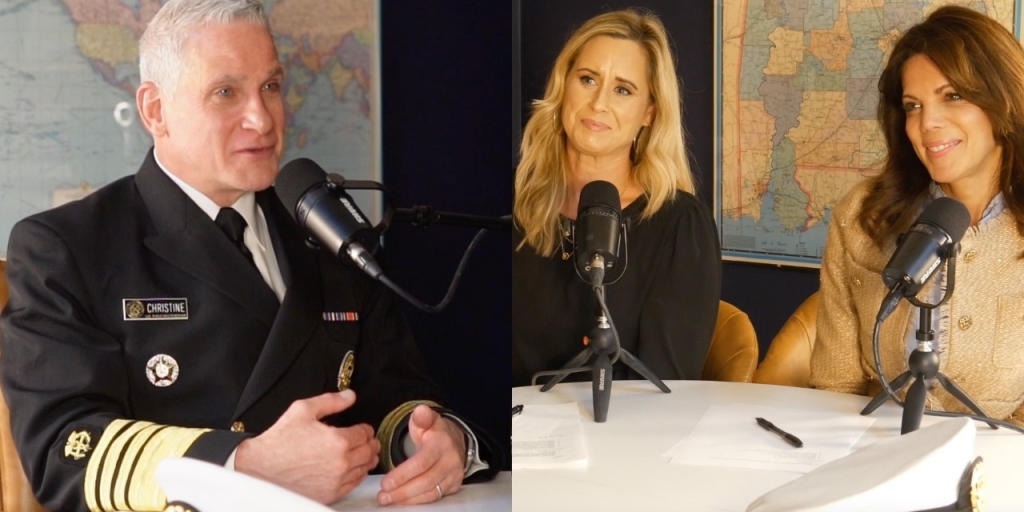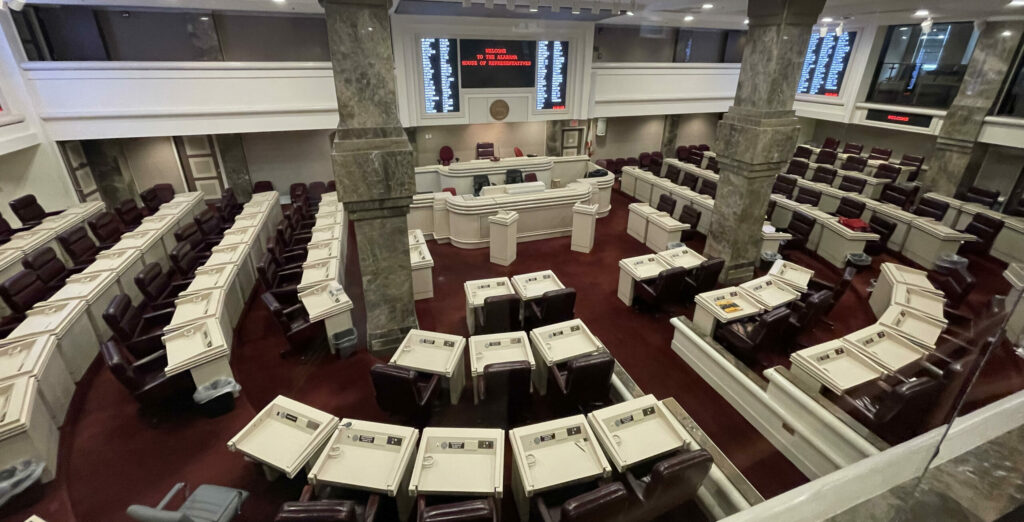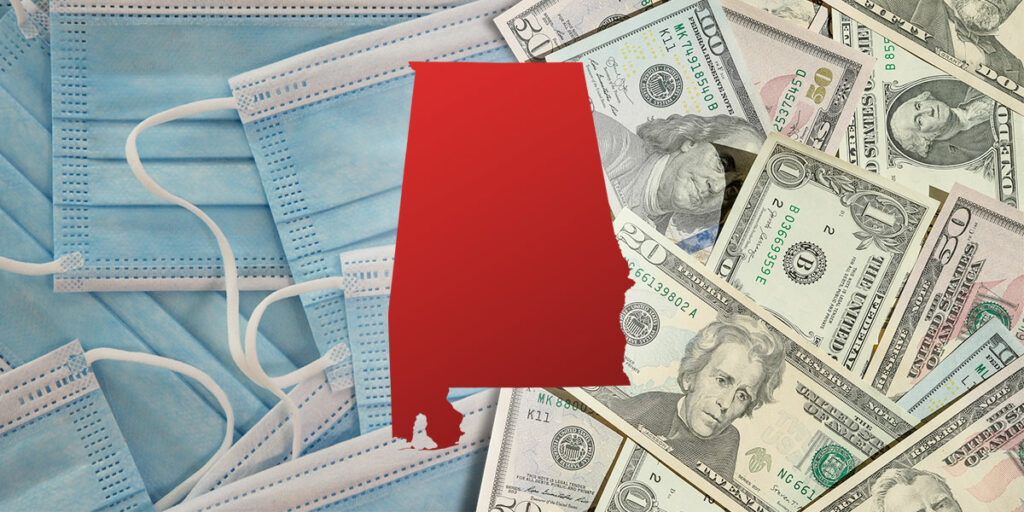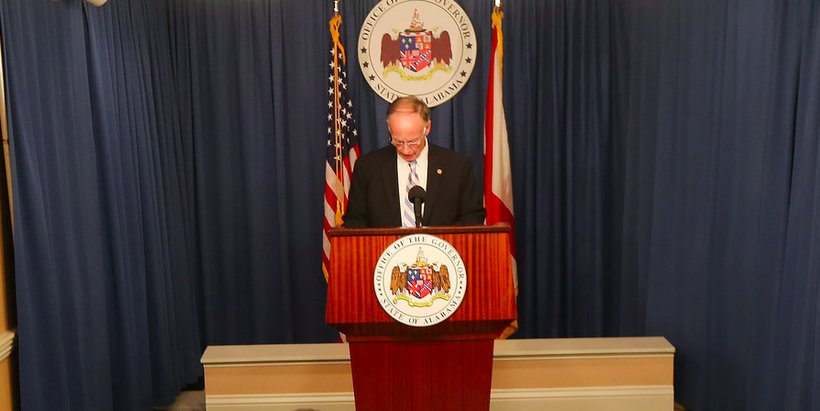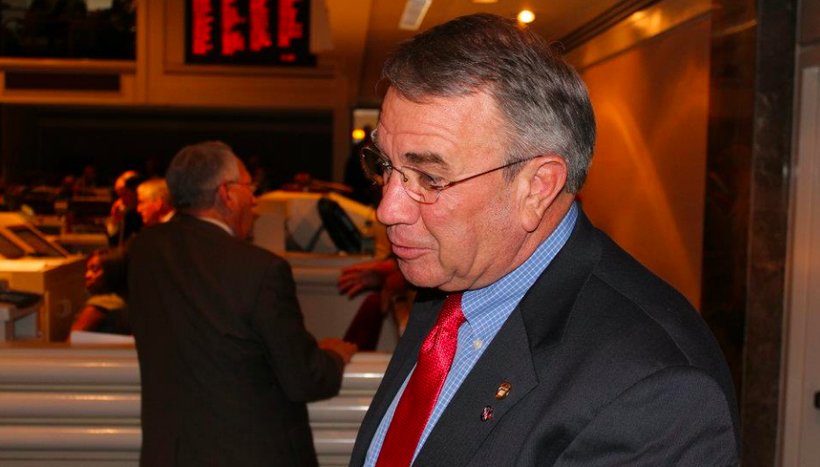
MONTGOMERY, Ala. — In his first words as Alabama Speaker of the House, State Rep. Mac McCutcheon (R-Monrovia) declared “the days of the imperial speakership are over.”
McCutcheon was elected by a vote of 68 to 28, defeating the Democrats’ nominee, Rep. Joe Knight of Montgomery.
“I am not my predecessor. The days of the imperial speakership are over,” he said as members of both parties applauded. “I will work every day, every hour, every minute and every second to be the people’s speaker.”
RELATED: Alabama House Republicans just elected a new Speaker. Here’s what you should know.
McCutcheon’s rise to the speakership comes two months after a jury convicted former Speaker of the House Mike Hubbard (R-Auburn) on 12 counts of using his public office for personal gain. The conviction immediately removed Hubbard from office, prompting a crowded by uncontentious race to succeed him.
McCutcheon was previously one of Hubbard’s top lieutenants in his role as House Rules Chairman, a powerful position atop the committee that decides which bills make it to the floor for a vote each day. But while Hubbard earned a reputation for ruling the lower chamber with an iron fist, McCutcheon garnered respect on both sides of the aisle for his even-handed approach.
Speaker McCutcheon’s new approach will immediately be tested as the legislature convenes for a special session to debate Gov. Robert Bentley’s lottery proposal.
The Governor’s call includes the following:
“A constitutional amendment enabling a state lottery to support the General Fund” and “Legislation providing funding for Medicaid, infrastructure investment, and/or debt repayment.”
“This call is designed for the Alabama Legislature to address adequate support of essential state services including children, the elderly, people with mental illness and support for men and women in law enforcement,” the Governor said in a statement. “A primary focus of this special session is for legislators to allow the people within their district the right to vote on a statewide lottery. I am looking forward to working with lawmakers over the next few days as we address legislation that is simple, clean and transparent.”
Gov. Bentley has been saying for weeks that a state-sponsored lottery is the only solution left to fully fund Alabama’s Medicaid program, even calling for anti-gambling faith leaders to get down off of their “high horse” to help children.
RELATED: Bentley lays out Medicaid funding options: Create a lottery or let sick children die
“Which is the most immoral: Buying five lottery tickets with money you earned or allowing a child to die?” He asked. “I don’t think there’s even a choice there, so we must fund Medicaid, we must take care of our sick children, our disabled people, those in nursing homes, those with mental illness.”
Gov. Bentley went on to say that the government has a moral obligation to fund such programs.
“Because you know what? [The sick children] didn’t choose any of that,” he said. “Nobody did, and that’s one of the big functions of government is to take care of those that can’t take care of themselves.”
Alabama is one of only six states that does not have a lottery, but a gambling expansion of any kind is already facing fierce opposition from conservative and religious organizations.
In 1999, Alabamians voted down then-Gov. Don Siegelman’s proposed education lottery 54% to 46%. Since then, numerous statewide candidates — most of them Democrats — have run on a platform of letting the people vote again.
The special session of the Alabama Legislature began Monday afternoon at 4 p.m. Any constitutional amendment for a lottery must be approved by August 24th for it to appear on the General Election ballot in November.
RELATED: Bentley’s lottery panic is a sham. Here’s how Alabama can pay its bills without it.





